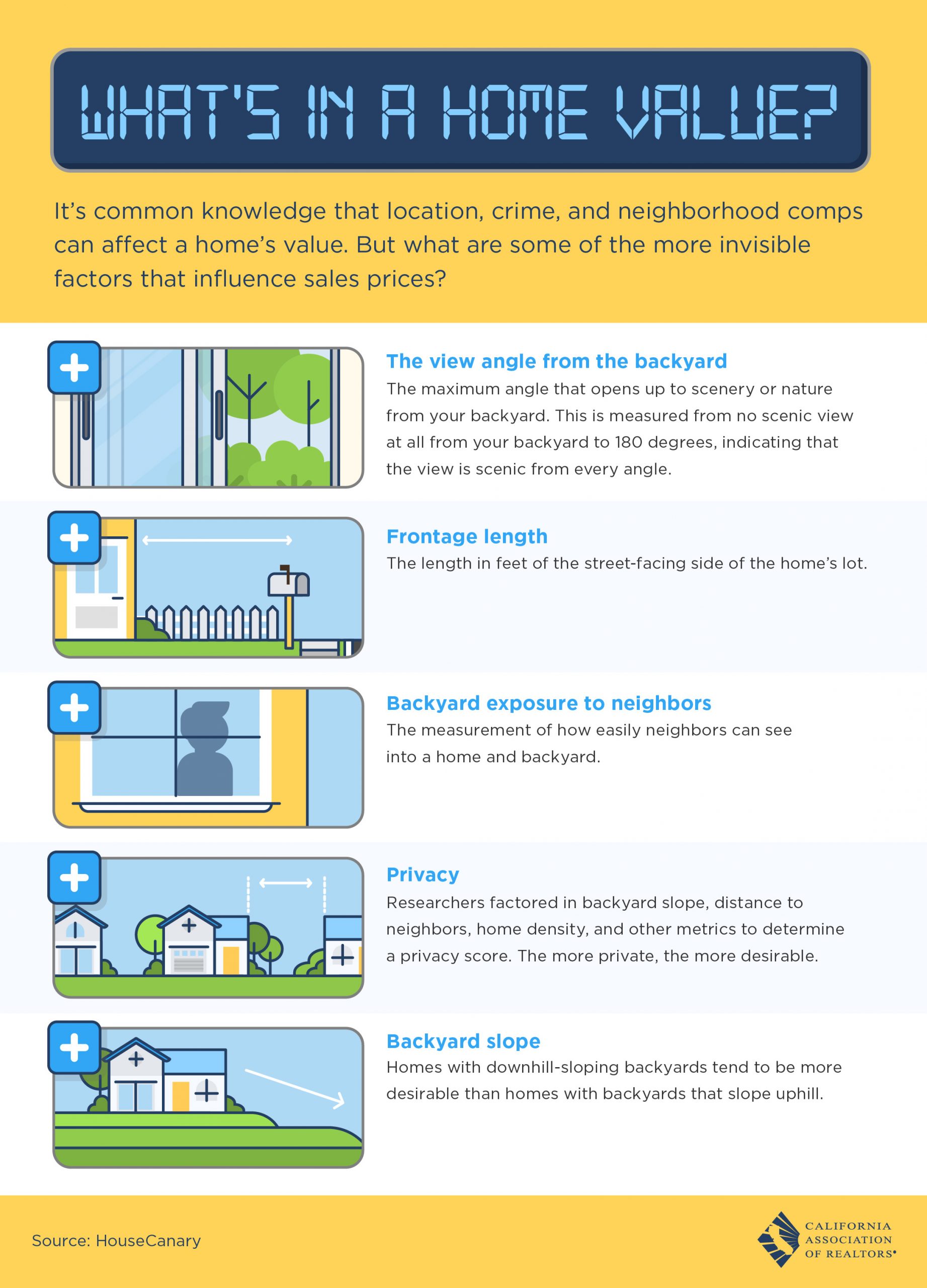How to Price a House With Real Estate Comps
The best way to determine a good sales price for your home is to compare it with other similar home sales nearby. Here’s how to pull real estate comps to price a house.
You can calculate the market value of your home in a few different ways. You can bring in a professional, like a home appraiser, or do it like a real estate agent would with comps (short for comparable sales).
Looking at real estate comps is a simple and reliable way to get a fair market estimate for your home. It’s something real estate professionals do all the time. It’s also something you can do yourself, which is especially useful if you’re looking to sell your home without an agent. To find comps for a house, you just need to do a little research and some quick math. Follow this guide to confidently estimate what your house is worth in today’s market.
Factors that determine the right comps for a house
To find real estate comps in your area, you first need MLS listings. Real estate listing websites are the best source for this type of information. In fact, listing sites are typically visited over 120 million times each month. Zillow, Redfin and Realtor.com tend to have the most comprehensive and current listings.
Once you select your site of choice, you’ll need to narrow down your search. You want to find three to five homes that sold within the past six months in your area. Getting as close to your house as possible, especially in the same neighborhood, always helps.
Each of the recently sold homes you select as one of your house comps should have as many of the same major defining characteristics as your home as possible. This should include key features like:
- Square footage
- Home age
- Number of bedrooms
- Architectural style
- Property size
There can also be more specific things in common as well like flooring type and upgrades. These details may be harder to uncover. If you can’t find enough similar properties to use as comps in your immediate area, it’s okay to expand your search to include a wider geographical range. Just don’t stray too far away as that will impact the accuracy.
How to pull the best comps for your house
Picking the best real estate comps can be a challenge if you’re struggling to find homes for a house that closely compare to yours in your local market. You’re lucky if you live in a subdivision where floorpans, style, and finishes are similar. But if your neighborhood is as unique as the people living in it, it might not be so easy.
The best strategy is to focus on the facts comparable between your home and the others.
- Start with homes that have already sold. Don’t include those currently for sale or pending. Remember, you’re looking for comparable home sales to determine your listing price. You need to have a final sale price for accurate calculations.
- Only compare the same types of homes. Don’t pull townhome comps if you live in a single-family.
- Pay close attention to photos to compare finishes and upgrades, and read the listing description to see what’s included that you won’t find in an image.
- If you can, tour the home. If not, drive by and eyeball the exterior to ensure the pictures live up to the real deal.
It’s not uncommon for information within an online listing to be a little embellished. Listings are, after all, written by sellers or real estate agents interested in getting the home sold. They may take a little creative license, which you don’t want to influence the calculations you make for your home’s value.
Determining market value on your own
After selecting your comps, you’ll need to make a few pricing adjustments to each comp to level the playing field. This helps match the comps to your existing home and mostly involves modifying the comp price based on the types of upgrades each house has.
For example, if one of your comps has a renovated kitchen, but your house doesn’t, subtract an estimated value from the comp’s price. You can do this by using an online tool, like the True Cost Guide at HomeAdvisor, to find an average price for a project like this.
It’s important that you’re honest about your home’s condition when making these adjustments. It helps protect you from overpricing your home.
Tip from real estate agents: Never adjust the price of your house when doing comps. Only adjust the prices of the comps to correspond to your house’s value.
Doing the calculations on real estate comps
Now it’s time to do a little math. Your home will fall somewhere between the highest price comp and the lowest. After you’ve made all necessary price adjustments, add up all the comp prices and then divide by the total number of comps. This gives you a fair initial estimate of your home’s market value.
(Comp A + Comp B + Comp C) / 3 = mean sale price
Using the example of three comps above, let’s say your adjusted comp prices were $410,000, $414,000, and $424,000. That would tell you that your home’s market value is probably no lower than $410,000 and no higher than $424,000. The average price of $416,000 is a good starting point if you’re pricing to sell.
Next, do the same equation only with the square footage for all the properties.
(Comp A sq. ft. + Comp B sq. ft. + Comp C sq. ft.) / 3 = mean square footage
Your goal is to find the average value per square foot of your comps, giving you a base number to estimate the market value of your own home. So again, using the example above, imagine your comp home sizes are 2,000, 2,060 and 2,180 square feet. The average square footage of the three comps is 2,080. Divide that number by the average price above ($416,000) and you get $200 per square foot.
Mean sale price / mean square footage = average value per square foot
Now multiply the average value per square foot by the total square footage in your home. The result is a really good estimate of your home’s value. Using our example, if your home is 2,100 square feet, a great market value estimate of your home would be $420,000.
If the final price doesn’t look totally right to you, it’s okay to adjust it up or down. But try not to go too far in either direction. Underpricing means you won’t get what your home is worth, meaning you’ll leave money on the table. Overpricing can make buyers wary of purchasing your home, leaving it on the market for an extended period of time.

Managing expectations
With a fair market value calculated for your home, thanks to local comps, the next step is listing it. Keep in mind that homes sold by owner are often on the market a little longer than average. Make sure you’ve listed your property so that it appears on all the MLS listing services and keep an eye on the reaction of your potential buyers.
If you notice interest, but no offers, your price might be a little too high.
You also want to take into account that once you have an offer on your home, a professional appraiser will come in and do an assessment of their own. If you’ve priced your home too high, the value the appraiser reaches might be less. This gives the buyer an opportunity to negotiate to lower the purchase price of your house. If the appraisal is wildly off, they might back out of the sale altogether.
The goal of calculating your home’s fair market value is to arrive at a price that is as close to the professional appraisal as possible.
When in doubt, consult a real estate agent who can do their own search to find comps for a house and help you accurately price your home.
Taking an alternate route to calculating market value
If all the research and the math isn’t for you when it comes to calculating your home’s market value, there are alternatives. These options help if you sell off-market.
At Sundae, we focus on connecting sellers to a large network of vetted real estate investors who will compete to bid on your home. You can get multiple cash offers without having to deal with any property investors, period.
Ready to Get Started?
Sell as-is. Pay zero fees to Sundae. Move on your time. No repairs, cleanings, or showings.

